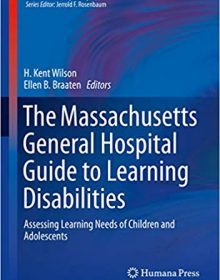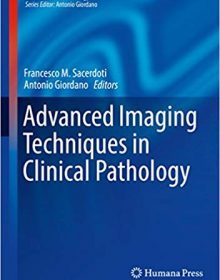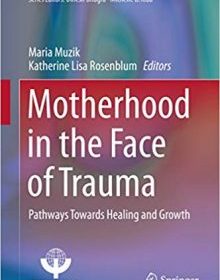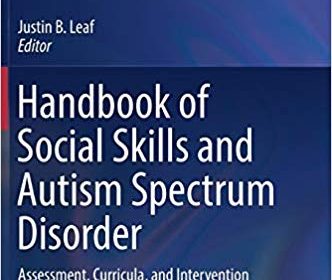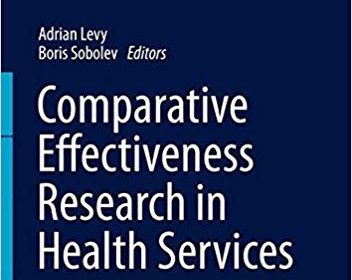Melanocytic Lesions: A Case Based Approach

Melanocytic Lesions: A Case Based Approach
Melanocytic Lesions: A Case Based Approach provides a concise yet comprehensive guideline on how to diagnose common as well as problematic and challenging melanocytic lesions. In the first 11 chapters, each entity is illustrated by an actual case; followed by discussion of how the diagnosis is reached, of the histologic differential diagnoses and of diagnostic pitfalls and ends with bulleted teaching points. Pertinent and up to date references are included at the end of each chapter. The latter chapters cover current microstaging and classification of melanoma, ancillary techniques including immunohistochemistry as well as available molecular assays and molecular targeted therapy. All figures and glass slides of the discussed cases are hosted online for easy viewing and access. Melanocytic Lesions: A Case Based Approach will serves as a useful resource for pathologists, dermatologists and researchers dealing with melanocytic lesions.




